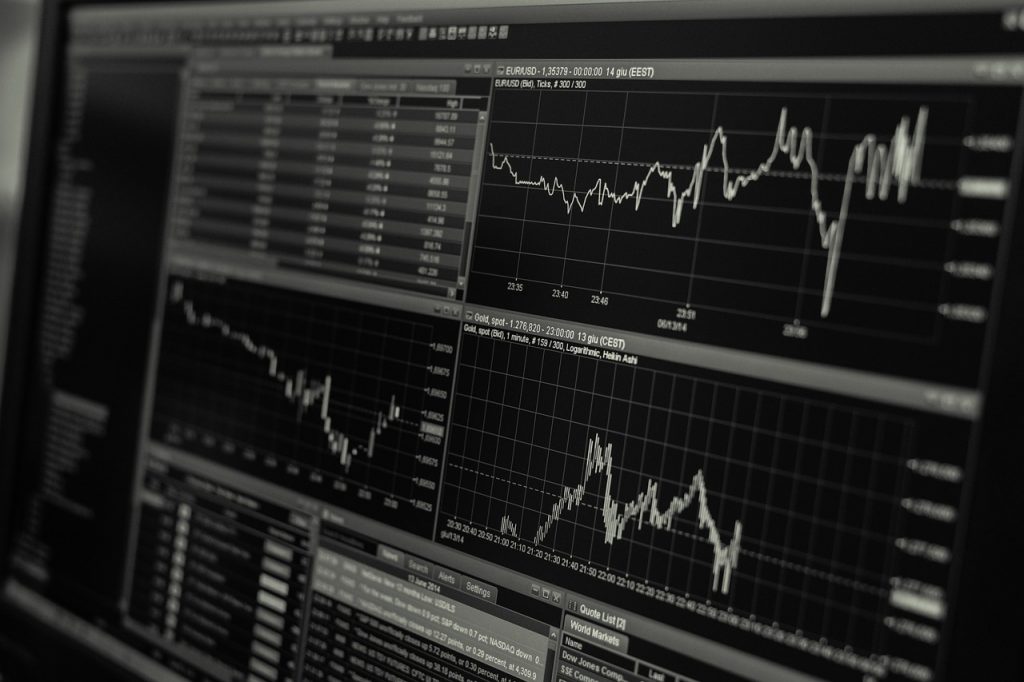The latest chaos on global stock exchanges is raising alarm among top economists, who now warn that the situation could escalate into a broader financial crisis. While the ongoing trade war has already rocked markets, experts are increasingly pointing to deeper vulnerabilities within the global financial system—particularly the junk bond market and hedge funds—as key sources of concern.
Markets Continue to Slide After Historic Drop
Following the sharpest two-day decline in market history, key stock indices around the world have continued to tumble. On Monday, the U.S. stock market opened with major losses. The S&P 500, a broad measure of U.S. equities, started trading with a drop of more than 3 percent.
In Germany, the DAX index—the country’s leading benchmark—fell by over 10 percent at one point during the day, though losses later narrowed to around 5 percent. Meanwhile, Japan’s Nikkei 225 index dropped nearly 8 percent, marking its worst single-day decline since the COVID-19 crash in March 2020.
Mounting Fears of Systemic Risk
According to analysts from Morgan Stanley, one of the largest investment banks in the United States, the S&P 500 could still fall by another 7 to 8 percent. The reasons behind the ongoing sell-off go far beyond trade tensions. Although the economic fallout from the tariff dispute has certainly played a role, experts are increasingly worried about what lies beneath the surface.
At the heart of the concern is the high-risk segment of the credit market. Junk bonds—debt issued by companies with low credit ratings—have become a central point of vulnerability. These bonds carry higher interest rates to attract investors, but they are also much more likely to default, especially during economic downturns. A wave of defaults could send shockwaves throughout the financial system.
Hedge Funds in the Spotlight
Another potential trigger for a broader crisis is the role of hedge funds, which often use borrowed money to amplify their bets on the market. If stock prices and corporate bonds continue to fall sharply, hedge funds could be forced to sell off large portions of their holdings to cover losses. Such large-scale liquidations could accelerate the market downturn, creating a self-reinforcing cycle of decline.
Economists say the combination of excessive risk-taking in both the credit and investment sectors could spark a domino effect. “What we’re seeing now is not just about trade—it’s about how fragile parts of the financial system have become over time,” one analyst warned.
Markets Await Central Bank Response
As losses deepen, investors are looking to central banks for reassurance. However, monetary authorities face limited options. Interest rates in many developed economies are already low, and further cuts may do little to stabilize the markets or restore investor confidence.
Still, financial institutions are expected to monitor the situation closely and may consider targeted interventions if the turmoil spreads. For now, though, the mood remains tense, and the markets are bracing for further volatility in the days ahead.
With risk levels rising across the board, calls for increased regulatory scrutiny are also growing louder. Some experts argue that a review of hedge fund practices and high-risk lending is overdue, especially in light of the potential for a cascading crisis.
In the meantime, both seasoned investors and everyday traders are urged to exercise caution. The current situation may prove to be more than just a market correction—it could be a warning sign of deeper structural issues yet to fully emerge.
